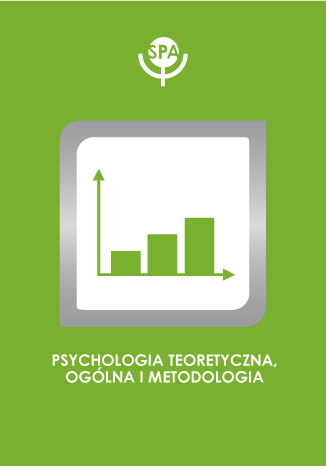Blednięcie afektywne wspomnień autobiograficznych

Tomasz Maruszewski, Michalina Gawinecka,
DOI:
Rocznik: 2009 Tom: 15 Numer: 1
Strony: 43-55
Studies on autobiographical memories generated both in undirected and directed way confirmed that positivity effect may be found in various types of memory material. Hypotheses concerning decrease of emotional intensity of autobiographical memories in time were also supported. The two studies presented in this work involved retention times from 1 to 5 weeks. It was found that memories with negative valence faded at the beginning and then their emotional intensity increased. It suggests that either emotional control was diminished or ironic effects of control took place. Changes of emotional intensity may be observed mainly in case of negative valence memories. It was also found that these effects refer to a greater degree to complex secondary (pride, shame) emotions than to primary emotions (joy, sadness).









 Pobierz pełny tekst
Pobierz pełny tekst



